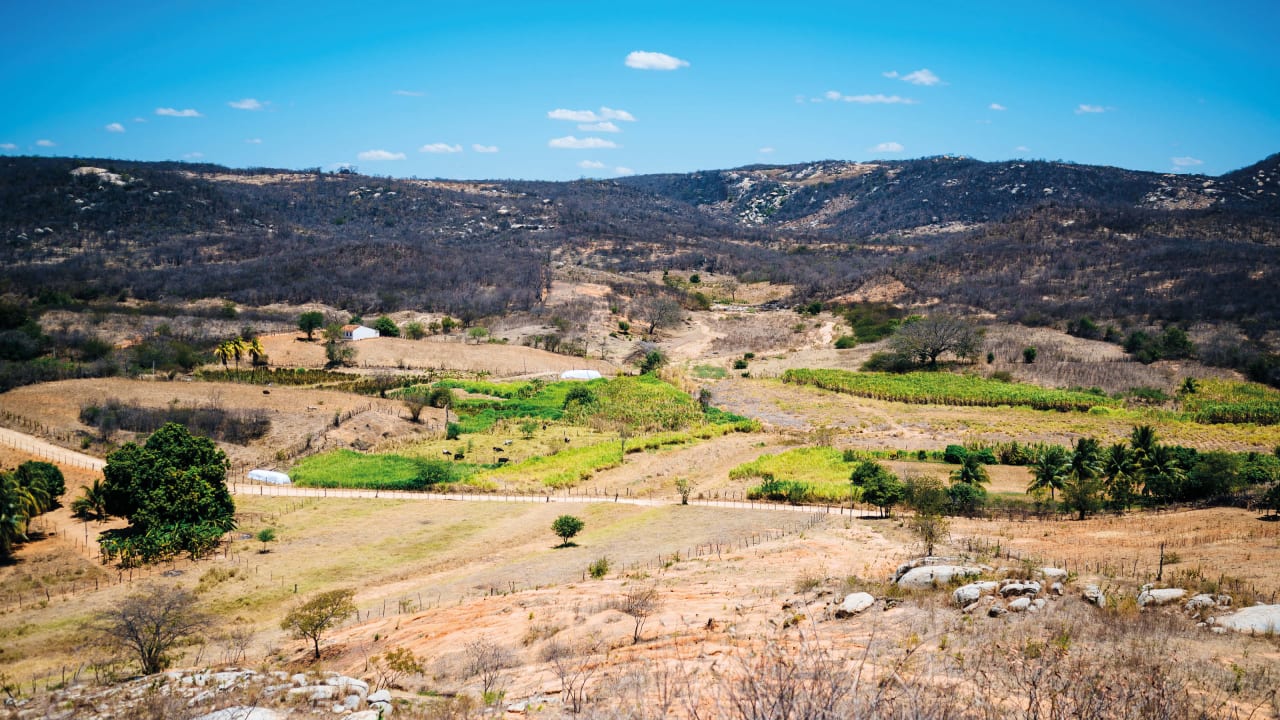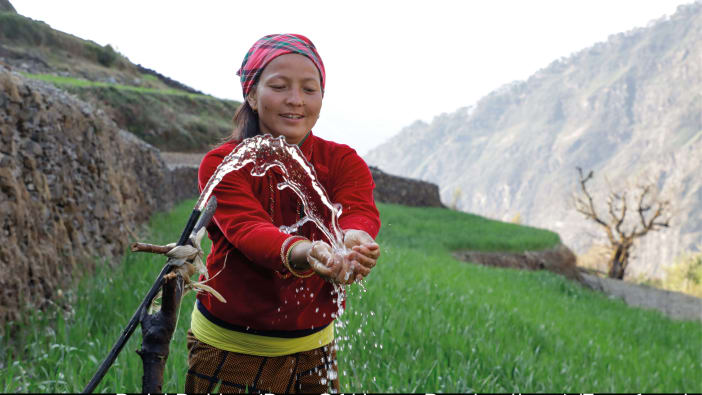It is the responsibility of governments to provide their citizens with adequate access to safe water and sanitation. Without these services, little progress can be made in other areas such as health, education, gender equity and poverty alleviation.
Communities, churches and other local organisations are well placed to advocate for better public services. This includes holding governments to account when promises about water provision are not kept.
Influencing change
When the north-east region of Brazil suffered a severe drought in 2015, reservoirs collapsed, a major water distribution pipeline fell into disrepair and water supplies became contaminated by human and animal waste. This caused an outbreak of disease and it was difficult for the public health system to cope with the high level of illness.
Local organisation Diaconia gathered together women’s groups, trade unions, civil society organisations, youth groups, schools, churches and other members of the affected communities. They all shared their experiences and together they made a plan.
They decided to ask the government to treat the drought as an emergency and they requested a series of public hearings with the State Prosecutor.
Council officials, representatives from the Ministry of Health and representatives from the water companies were all required to attend the public hearings. As a result of the hearings, the National Department for Anti-drought Projects was asked to urgently repair the damaged water pipeline, the Secretary of State for Health decided to regularly check water quality in the area and the water companies were obliged to provide water in tankers to affected communities.
Diaconia insisted that all these agreements were put in writing, in a document called ‘Terms of Conduct’. Diaconia also continued to support community leaders and farmers to get involved in municipal councils and other decision-making forums. This led to more people influencing the setting and spending of local government budgets.







